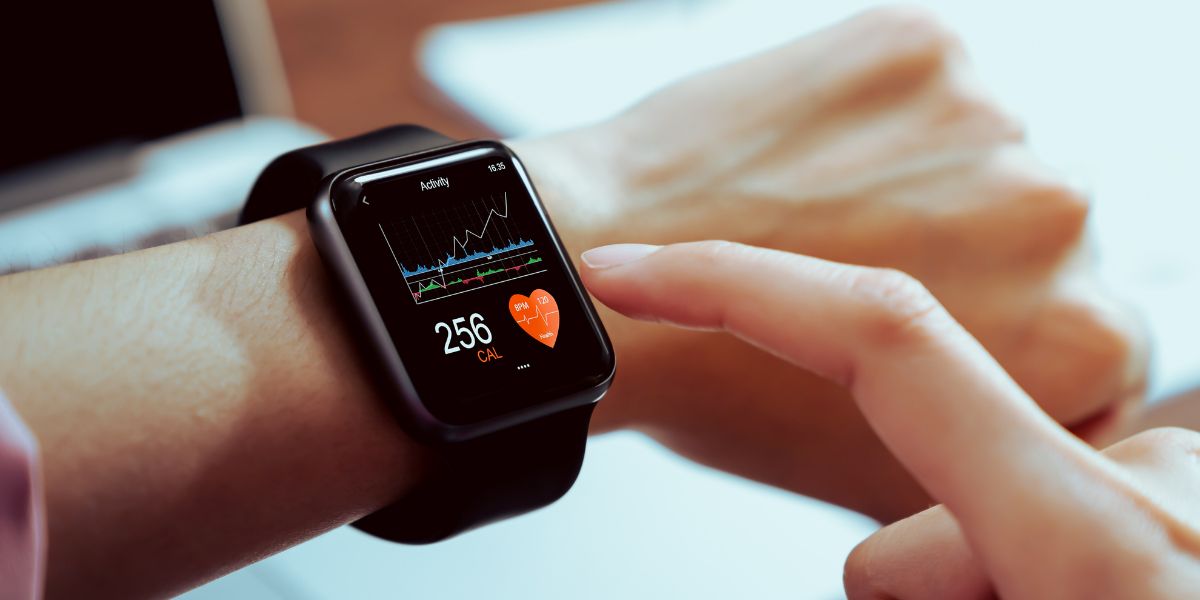Activity trackers such as Fitbits and Apple watches are covered in harmful bacteria, putting people wearing the devices at risk of getting a fever or diarrhoea.
Researchers have detected E. coli and Staphylococcus spp on these fitness trackers, meaning those who wear them could get a weaker immune system.
Made from plastic, rubber, cloth, leather and metal, Fitbits and Apple watches are now seen as bacteria hotspots.
- Fitness trackers increase people’s daily steps, latest research reveals
- Less than 5,000 steps a day still associated with good health
First author Professor Nwadiuto Esiobu said: “The quantity and taxonomy of bacteria we found on the wristbands show that there is a need for regular sanitation of these surfaces.
“The ability of many of these bacteria to significantly affect the health of immunocompromised hosts indicates a special need for health care workers and others in hospital environments to regularly sanitize these surfaces.”
Out of all the fitness trackers examined, 95% of the devices had traces of bacteria, the results have reported.
Staphylococcus spp was found on 85% of the devices, while the intestinal bacteria E. coli was identified on 60% of the wristbands sampled.
The authors said: “On the average, the trend of bacteria load was cloth ≥ plastic ≥ rubber ≥ leather > metal.
How can I clean the bacteria off my strap?
The researchers also identified the cleaning solutions to best remove the bacteria.
Both Lysol Disinfectant Spray and 70% ethanol were highly effective regardless of the wristband material with 99% kill rate within 30 seconds. Alternatives such as apple cider vinegar “reduced the bacteria” in around 2 minutes.
Professor Esiobu concluded: “Plastic and rubber wristbands may provide a more appropriate environment for bacterial growth as porous and static surfaces tend to attract and be colonised by bacteria.
“Other potential forms of bacterial transmission and facilitation of infection, such as earbuds or cell phones should be similarly studied.”




